by Ethan SoffeDuring Southampton Film Week, Solent University hosted a special screening of BLADE RUNNER 2049 (Denis Villeneuve 2017). The screening was accompanied with a talk by Professor of Film and Cultural Studies Will Brooker, who discussed his latest work: “The World Is Built on a Wall: Deconstructing Blade Runner 2049. In his talk, Brooker critically discussed the film, which is primarily centred around boundaries and maintaining order in a futuristic dystopian society. This was a captivating and insightful event and Brooker’s evaluation offered a fresh new perspective on the film, enhancing the viewing experience that followed.
Two of Brooker’s key arguments were how the film represents social hierarchy and order and how it symbolises the concept of “post-truth” throughout the narrative. An example of this is the idea of the boundaries of fact and fiction preserving truth and maintaining dominance within the film’s dystopian order. Brooker also examined how the film deals with the manipulation of facts to secure these societal boundaries. The plot of BLADE RUNNER 2049 concerns a long-hidden secret that is discovered and has the potential to significantly alter society. Brooker identified an extensive archive of records featured in the film and the crucial plot of concealing the past. He went on to draw parallels with these aspects and the current political climate, including Donald Trump’s fake news claims and Brexit. Brooker highlighted his main arguments by discussing his idea that the past is an imperfect copy. He explained that the past never provides every answer to specific events; despite efforts of preservation, one piece is always missing. He emphasised this by demonstrating K’s personal odyssey of locating one of his memories as a child and his goal of seeking closure over his past. Moreover, he argued that 2049’s predecessor - BLADE RUNNER (Ridley Scott 1982) - is not a reliable text, due to the past’s incompletion. BLADE RUNNER 2049 with Professor Will Brooker was a true highlight of Southampton Film Week 2019. It offered a unique perception of BLADE RUNNER 2049, which undoubtedly expanded and developed a more critical understanding of the film’s themes in relation to our current societal and political context. Having a film academic critique a narratively complex and dense film such as BLADE RUNNER 2049, along with a Q&A, made for a thoroughly engaging evening.
0 Comments
by Ethan SoffeHalfway through Southampton Film Week 2018, the “Short Story Cinema” event aimed to demonstrate the significance of short form storytelling. Comprising seven short fictions and documentaries, the event was a particularly engaging and engrossing experience that showcased what a short film can accomplish.
The seven shorts screened were: short drama SAFE SPACE (Ben S Hyland 2018), poetic documentary LETTERS TO BRITAIN (Rosie Baldwin 2018), science fiction comedy TAKING DELILAH (Rachel Stephens 2018, pictured), racial drama FARSIDE (Ash Morris 2017), reflexive documentary LET ME BE BRAVE (Asten Holmes-Elliott 2016), romantic drama ME AND YOU: A LOVE STORY (Sorcha Anglim 2015) and coming-of-age drama THE NIGHT THE WIND BLEW (David Alamouti 2018). The majority of the films offered a social and political commentary that advanced their narratives and reinforced their principal messages. SAFE SPACE centres on a social worker Sarah (Rebecca Grant) and her relationship with her client Amne (Marlene Madenge), a victim of human sex trafficking, as it unfolds over a nine-month period. LETTERS TO BRITAIN explores various pensioners recounting their experiences of significant moments in history. FARSIDE, one of the standout films of the evening, deals with a Syrian refugee’s relationships with two siblings who have contrasting political views. LET ME BE BRAVE investigates the presence of transgender people in sport. Containing this political commentary in a short form strengthened their impact. The Short Story Cinema event not only showcased timely political stances, it additionally demonstrated how much could be achieved in such a short amount of time. TAKING DELILAH, ME AND YOU: A LOVE STORY and THE NIGHT THE WIND BLEW are short stories with great substance. TAKING DELILAH presents a couple’s troubled relationship and their dog through the sci-fi genre. ME AND YOU: A LOVE STORY, another standout film of the event, depicts a couple’s entire relationship from the first date to their break-up. THE NIGHT THE WIND BLEW deals with a young boy’s connection with his brother, whilst simultaneously exploring themes of identity and the challenges of early adolescence. Collectively, the films were impressive to experience, exhibiting sophisticated and carefully constructed narratives. Short Story Cinema was a truly unique experience. The programme offered innumerable benefits for not just the filmmakers presenting their distinctive capabilities in storytelling but also for the audience. Having the filmmakers present for a Q&A afterwards supported the evening’s value as they discussed their specific modes of filmmaking and imparted advice for future filmmakers. Moreover, their presence made for an interactive and encouraging evening. The Southampton Film Week event was a remarkable way of introducing new filmmakers and their stories but also, notably, sharing with the audience something creative and inspiring. A diverse display of talent was evident at this year's SFW annual shorts screening and awardsSaturday 18 November 2017by BRENNAN BACKSThis year, 23 shorts were nominated as part of Southampton Film Week’s Shorts competition across three different categories: documentary, fiction and artist film. The films came from all over the world, including submissions from France, Iran and the US as well as regional submissions from the UK’s south coast. This diversity allowed for a dynamic and thought-provoking two-hour compendium of short film craft.
A NAME THAT I ADMIRE (directed by Sam Smartt) came out on top in the documentary category and also picked up the Michael Fuller Award for Best Film. The film looked at a dairy farmer in West Virginia, USA, delving into his life, politics and family and succinctly navigating all three. The Best Artist Film Award went to THE DÉRIVE (directed by filmmaker, dancer and choreographer Tanin Torabi), a single shot that followed a woman dancing through the streets of an unidentified Iranian city. Finally, the Best Short Fiction Award also went to an Iranian film, LIMIT (directed by student and filmmaker Javad Daraei), which follows a disabled boy searching for help. Out of the 23 nominations, more than half were from the region, showcasing the incredible talent close by. Solent University graduates and Southampton filmmakers Emma Lieghio and Craig McDougall took home the Best Regional Filmmaker Award for their exceptionally well-made documentary WELSH SLATE. The Audience Award went to fresh and funny French comedy PÉTAGE/BREAKDOWN (directed by Greg Tudéla). Southampton's eerie Lankester Vault provides a fitting setting for revisiting THE LOST BOYSFriday 17 November 2017by EAMMON JACOBSStepping down into the eerily cold Lankester Vault in Southampton, the rest of the world was muted. There was a chill in the air for the next 98 minutes as our world consisted of eighties rock, exuberant costumes and a darkly humorous tale about vampires preying the streets of the fictional town of Santa Carla.
THE LOST BOYS (Joel Schumacher 1987) follows brothers Michael (Jason Patric) and Sam Emerson (Corey Haim) who relocate to the “murder capital of the world” with its soaring rates of missing and dead citizens. As the story progresses, Michael soon learns that a group of vampires are stalking his new home town. The scenes shared between the overtly dry Frog brothers (Corey Feldman and Jamison Newlander) and the lovably naïve Sam are meticulously pieced together. Using specific comic book references and vampire lore to bond as friends, the boys mount an assault on a pack of blood-sucking beasts. The vampires are led by the charismatic David (Kiefer Sutherland), who draws us in with his hypnotic gaze, lingering presence and whispered lines before pouncing on his victims. THE LOST BOYS is not a terrifying horror film but it boasts an individual style that separates it from many other vampire films and mythology. The film reworks the popular image of vampires as ancient, decaying monsters into youthful teenagers stalking the boardwalk. But the most striking aspect of the film is the quick-witted writing. The comedic undertone has had an obvious influence on the horror comedy sub-genre, as well as Hollywood’s vampire narratives. The older vampiric archetypes such as Nosferatu have their place in history but with THE LOST BOYS it has evolved into the seductive power of eternal youth. A screening of Gregg Araki's provocative drama MYSTERIOUS SKIN, as part of Southampton Film Week's "Controversies" strand.Thursday 16 November 2017by REUBEN MUIRMYSTERIOUS SKIN (Gregg Araki 2004) is not only difficult to describe but also to recommend, as it is for the most part a deeply uncomfortable watch.
The Southampton Film Week screening was prefaced by a short introduction from senior lecturers Darren Kerr and Donna Peberdy, the editors of a new edited collection of academic essays TAINTED LOVE: SCREENING SEXUAL PERVERSION. They detailed how the idea of the book came about and why they chose MYSTERIOUS SKIN to open the book’s introduction. As someone who had only become aware of the film through the documentary THIS FILM IS NOT YET RATED (Kirby Dick 2006) - which looks at the double standards of how sex is perceived by the US ratings board - I started watching the film believing it to follow a gay romance, which could not be further from the truth. We follow Neil (Joseph Gordon-Levitt) and Brian (Brady Corbet) over a ten-year period as they discover and deal with an event that happened one summer when they were kids. The film’s opening is deeply unsettling. But as the film goes on and explores how the two boys try to deal with their respective traumas, the discomfort begins to settle and the story becomes deeply moving. The filmmakers clearly wanted to portray difficult the subject matter properly and that shows in the sympathetic portrayal of the main characters. Araki opts for subtlety and delicacy over bluntness and hysterics. Like many films that use a dual narrative structure, there is often one half of the story that is far more interesting than the other. In this case, Neil’s storyline captivates over Brian’s. Gordon-Levitt’s performance perfectly balances the potentially irritating arrogance of his character with a tenderness that is revealed as the film progresses. Minor characters that surround Neil, such as his mother (Elizabeth Shue) and his close friend Wendy (Michelle Trachtenberg), captivate and deserved more screen time. Brian’s family, by comparison, oddly border on stereotype. Brian’s story plays out as an investigative narrative as he tries to remember what happened to him in the past, but the film reveals the truth to the audience early on and so there is no suspense for when Brian works it out. Corbet’s performance, while competent, at times moves between being over the top and bland and jars when framed against the brilliance of Gordon-Levitt. MYSTERIOUS SKIN is a bold and intelligent film. While it may have its discomforting moments, by the end it is a cathartic viewing experience. A special screening of past 48 Hour Challenge winnersThursday 16 November 2017by BRENNAN BACKSA highlight of Southampton Film Week over the years has been the 48 Hour Film Challenge set up by Southampton network and productions group Exposure Filmmakers. Regrettably, the competition did not take place this year yet there was still the opportunity to watch recent examples. Over the space of an hour, 17 short films played back to back, varying in duration, genre and style.
Most impressive is how each contestant takes the competition guidelines and interprets them to fit an idea. Each year, the participants are given a set of rules to follow. A terrific example of ingenuity is THE BEAR NECESSITY (directed by Harry Gadsby, written by Michael Jones and Ashton Church). It tells the story of a man who, to help his friend through depression, dresses in a bear onesie. The mockumentary style allows for the film to provide a brilliant twist and subsequently create a fantastic comedy. HOW I ATE YOUR MOTHER (written and directed by James Atkins) employed a dystopian future to spectacular effect, turning the zombie apocalypse film on its head. The set-up is superb and the execution perfectly timed. These two examples highlight the imagination and creativity enabled by this challenge. James Atkins and writer Michael Jones were present for a Q&A after the screening. Jones commended the challenge for promoting imagination and encouraging productivity. For Atkins, the promise of a “challenge” is exactly why he took part and his passion for the craft was clearly evident in the discussion. The Exposure Challenge is clearly valued, bringing together a mixture of people - experienced and not so experienced - who create superb films in a very short space of time. Hopefully 2018 will see the challenge make its return. This year's BAFTA nominated short films inspire and delight.Wednesday 15 November 2017by BRENNAN BACKSThe level of quality on show in this year’s BAFTA Shorts Tour is simply inspiring. Of course, from BAFTA nominated shorts you would expect nothing less. Yet the sheer breadth of material makes the viewing experience incredibly profound. From documentary to drama to animation, each genre has its place and seemingly stands its ground, although some stand out more than others in offering their unique take on what a short film can achieve.
STANDBY (directed by Charlotte Regan) offers a simple yet effective take on the buddy cop comedy. Although by no means technically sophisticated - it is filmed via a static dashboard cam - it is the relationship between patrol officers Gary (Andrew Paul) and Jenny (Alexa Morden), built up in 5 minutes, that takes us on such a humorous and bittersweet journey. The brilliant stop motion animation, A LOVE STORY (directed by Anushka Kishani Naanayakkara) is wonderfully weird and the emotional connection you make to two balls of yarn will make you question what you are watching. It is a strong example of meticulously hand-crafted stop motion animation but uses a simple story to evoke an affecting response. The other six short films are each fascinating in their own right, tackling subject matters ranging from the IRA, to the 1960s Chinese Cultural Revolution, and the “Mouth of Hell” in India. All the filmmakers have created a piece worthy of being displayed all over the world, some to make a political statement, some purely for enjoyment. All are likely to inspire the next generation of filmmakers. Dylan Mohan Gray's powerful and important documentary about the business behind the global AIDS crisis.Tuesday 14 November 2017by BRENNAN BACKSFIRE IN THE BLOOD (Dylan Mohan Gray 2013, narrated by William Hurt) explores the faults in our society and the dominance money holds over the human race. In flashes, through the actions of a select view individuals, it holds out for hope yet this hope is quickly distinguished and replaced with more societal defects.
Gray expertly weaves personal, professional and activists stories in and around a narrative highlighting corruption and deceit in the pharmaceutical trade. Importantly, the documentary presents stories from across the world, painting a picture to show how the powers that be ruin lives. The documentary constantly reiterates the detrimental effect the pricing of life saving AIDS drugs had on impoverished countries. The AIDS epidemic is revealed as something that could have been handled more effectively and millions of lives could have been saved. Instead, the greed of the big corporations meant over 10 million Africans lost their lives to AIDS and countless more around the world needlessly died. While the documentary shows how impoverished countries fought back, bringing reasonably priced, life-saving AIDS medicine to the market, the intention is not to spin this into a positive story. It presents a cry for help, one that forces us to open our eyes and see the bigger picture. We live in a world where Zackie Achmat, a HIV activist and one of the documentary’s many interviewees, has exclaimed: “the only reason we are dying is because we are poor”. It is a shameful truth that this film highlights so eloquently. Short film screening and filmmaker Q&A Monday 13 November 2017by EAMMON JACOBSFour short dystopian films were screened on Monday as part of Southampton Film Week's 2017 programme and the audience were treated to a Q&A session with the filmmakers. MEDICAE (2017, 14 minutes)Written and directed by Leo Rand, co-directed by Will Whiting MEDICAE sees an interrogation between a violent religious order and a man who carries a piece of nature that may hold the key to our next evolutionary step. Protagonist Noam (Charles Streeter) is written with messianic undertones, while nature itself is clearly compared to the Garden of Eden. In the Q&A, writer, director and actor Leo Rand referred to Alfonso Cuarón’s dystopian drama CHILDREN OF MEN (2006) as a huge influence on his short film. Like the rest of the films screened, MEDICAE shows lavish effects are not needed to create a bleak and hostile world and there is power in its bittersweet ending. Watch the teaser here. LOSING FACE (2016, 5 minutes)Written and directed by Rachel Stephens A woman enters a pub looking for her friends but instead finds the patrons inside to be faceless and intimidating. Coming to terms with a past trauma and moving forward play into this short tale of self-discovery. The transition in the opening minute from colour to black and white is a clever way of depicting unfamiliarity and a loss of self. The faceless punters are silently terrifying and prove incredibly effective in unnerving the audience. Watch the teaser trailer here. TOO LATE TO LEAVE (2015, 5 minutes)Written, shot and directed by Riyadh Haque Created as part of the Sci-Fi London 48 Hour Film Challenge and shortlisted for SFW: Shorts, TOO LATE TO LEAVE utilises next to no dialogue but nonetheless immerses the audience into a world so carefully pieced together. In the Q&A, Riyadh Haque detailed that he wanted the audience to find their own answers to the story. With clues as to what has happened carefully placed throughout, the narrative world is plunged into chaos. Like any good road movie, TOO LATE TO LEAVE reminds us life is often about the journey rather than the destination. Watch the film here. TRANSMISSION (2017, 17 minutes)Written and directed by Varun Raman and Tom Hancock
TRANSMISSION is David Lynch meets Stanley Kubrick. Or, at least that is who creators Varun Raman and Tom Hancock were clearly influenced by. TRANSMISSION portrays a world not so far from our own, where a terrifyingly charismatic interrogator (James Hyland) manipulates a young man (Michael Shon) to the point of desperation. As the filmmakers themselves describe it, the film is all about “the conflict between the oppressor and the oppressed”. This is clearly evident in the mental conditioning of the protagonist and the abstract surrealism that follows. Watch the trailer here. SFW screening of Buster Keaton's silent classic, with organ accompanimentSunday 12 November 2017by JORDAN THOMASSet in the striking Guildhall, cinema revellers of all ages were whisked away to the silent era thanks to the work of Silver Street Films and Southampton Film Week with their presentation of Buster Keaton’s silent comedy THE CAMERAMAN (Edward Sedgwick and Buster Keaton 1928). As one of the most familiar faces of the silent screen, it is fitting that Keaton should be awarded the prestigious honour of representing pre-talkie cinema at the festival. With an improvised accompaniment provided by Donald MacKenzie - a veteran concert organist approaching 25 years of silent film support - this was a recipe for cinematic success.
Before the film began, MacKenzie treated the audience to a medley of familiar film tunes and old organ classics. He also explained how silent film accompaniment works, showing off the range of sounds the Compton Organ is capable of as well as stressing the importance of occasional silence to let the film speak for itself. As the lights dimmed and MacKenzie played the familiar Universal Pictures intro, it was clear that the next hour would be a wordless delight. THE CAMERAMAN is a comedy of errors in which clumsy portrait photographer Buster (Keaton) falls for MGM secretary Sally (Marceline Day). In an attempt to woo her, Buster sets out to film New York’s most important news. MacKenzie expertly navigated every shift in tone, enhancing an already enjoyable cinematic experience. The 4000 pipes of the Compton Organ breathed additional life into all of Buster’s endearing blunders. |
Archives
December 2019
Categories
All
|

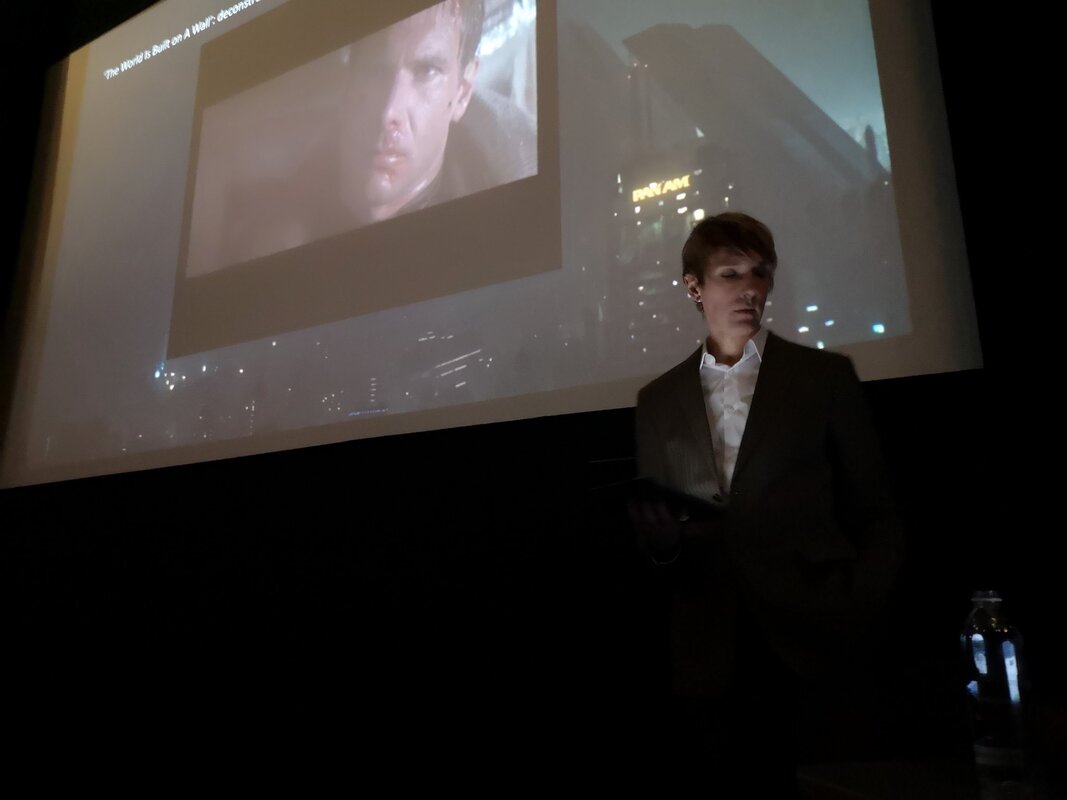
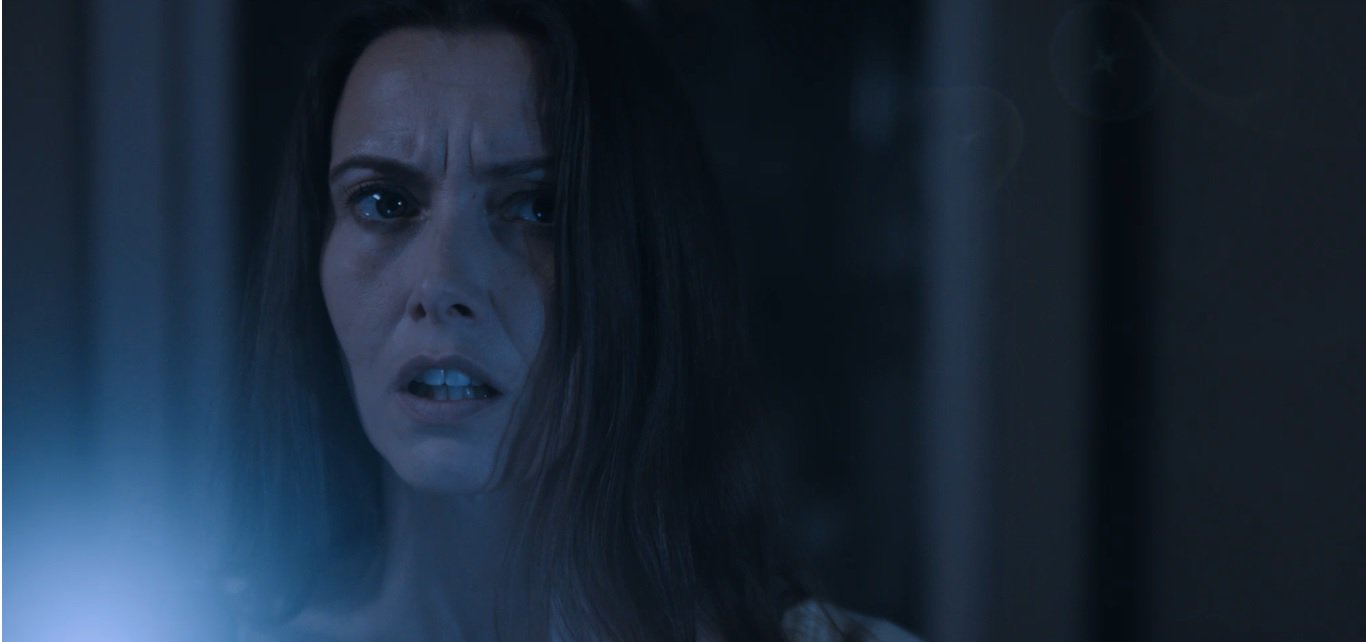
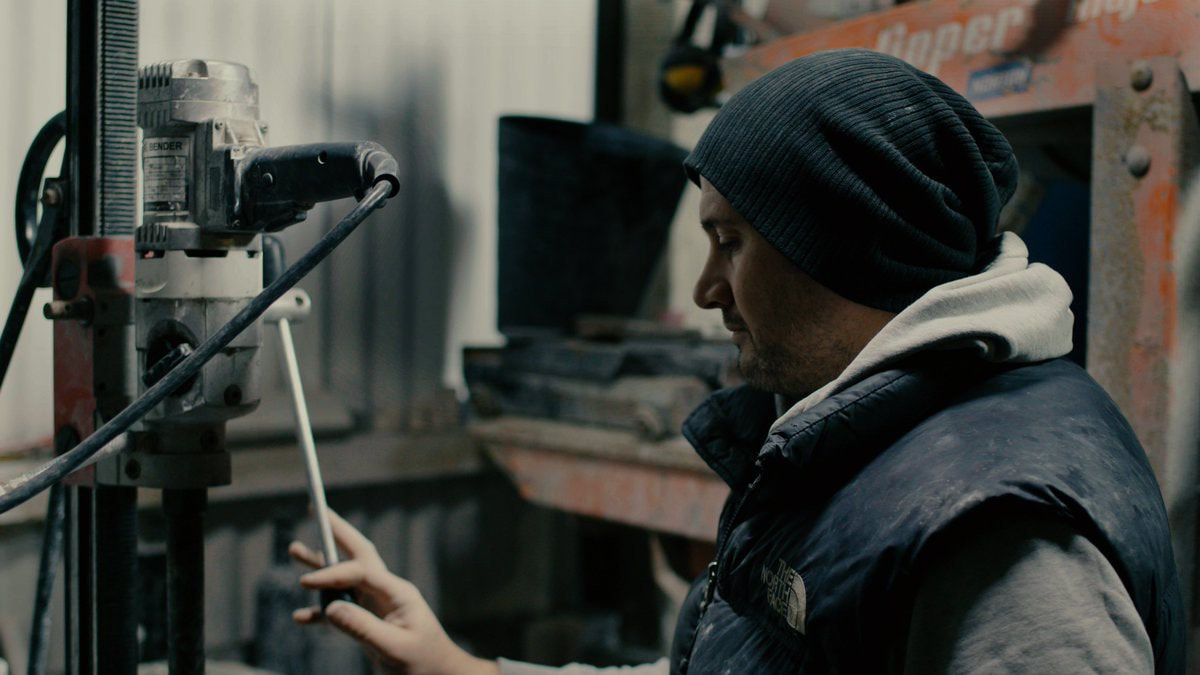
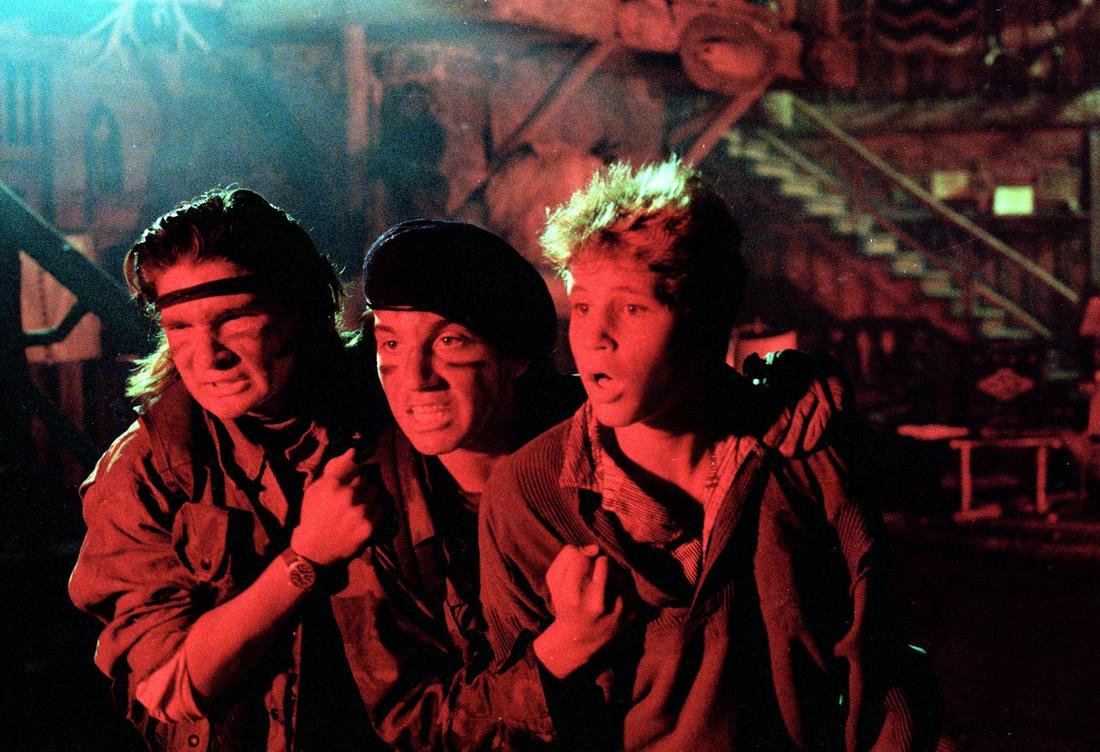

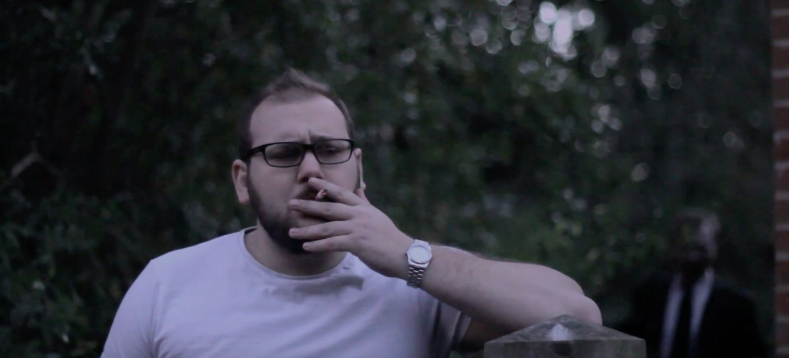
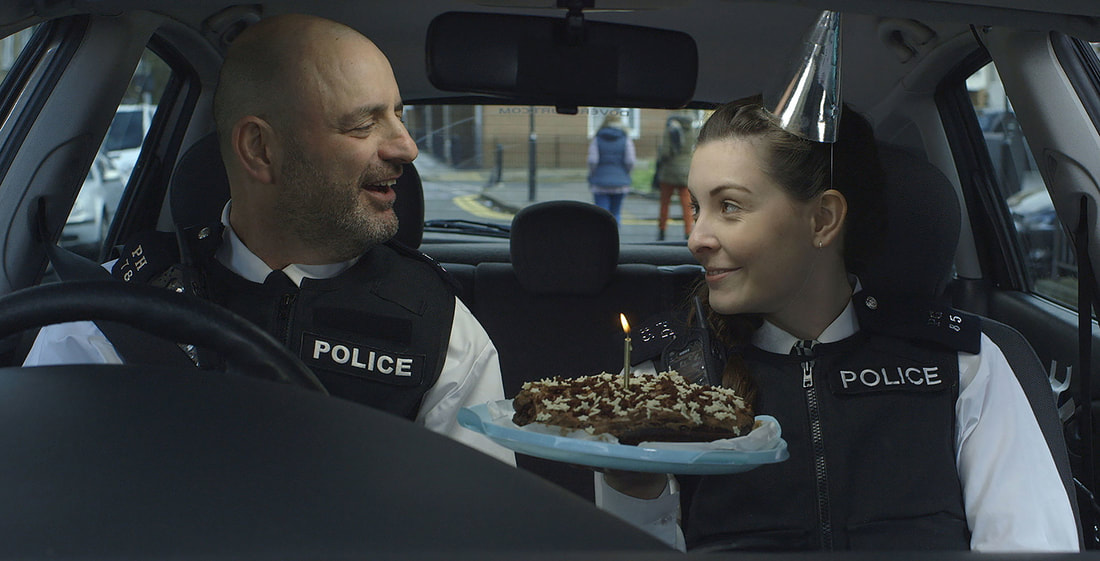
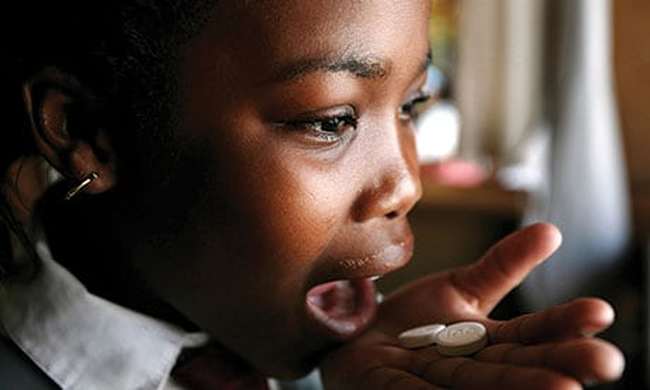
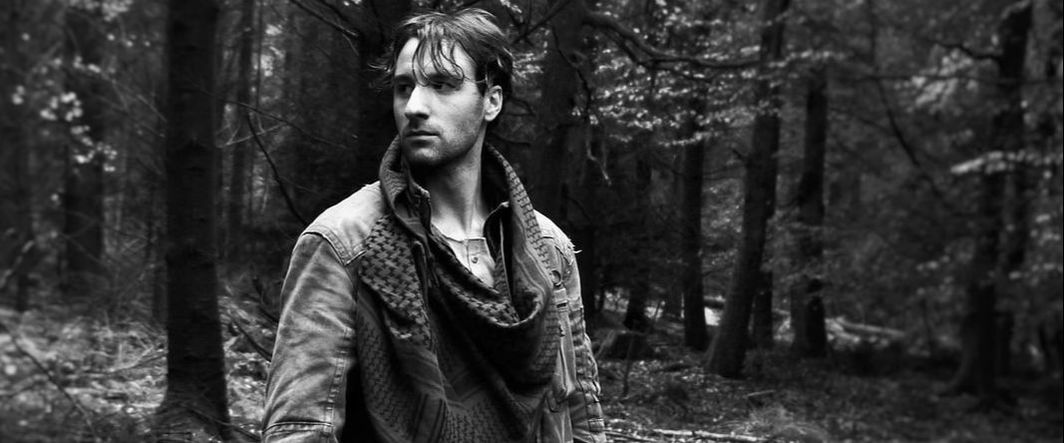
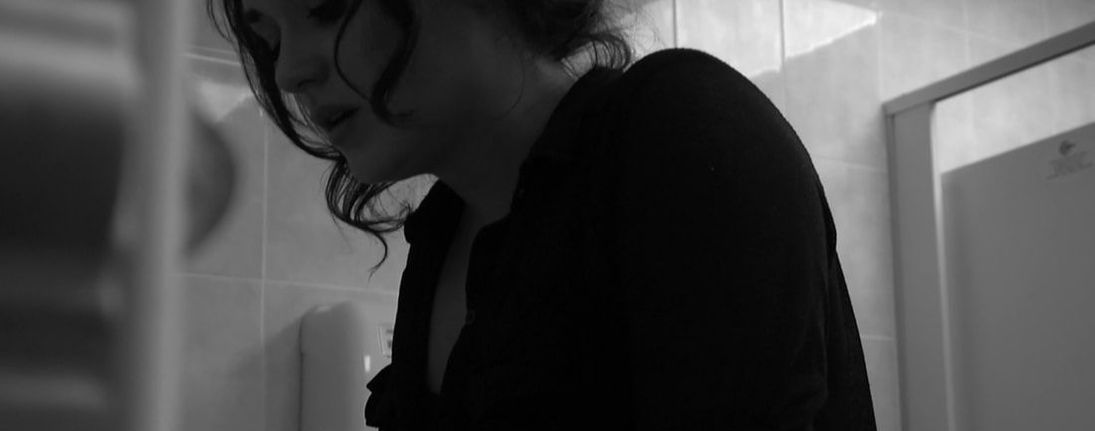
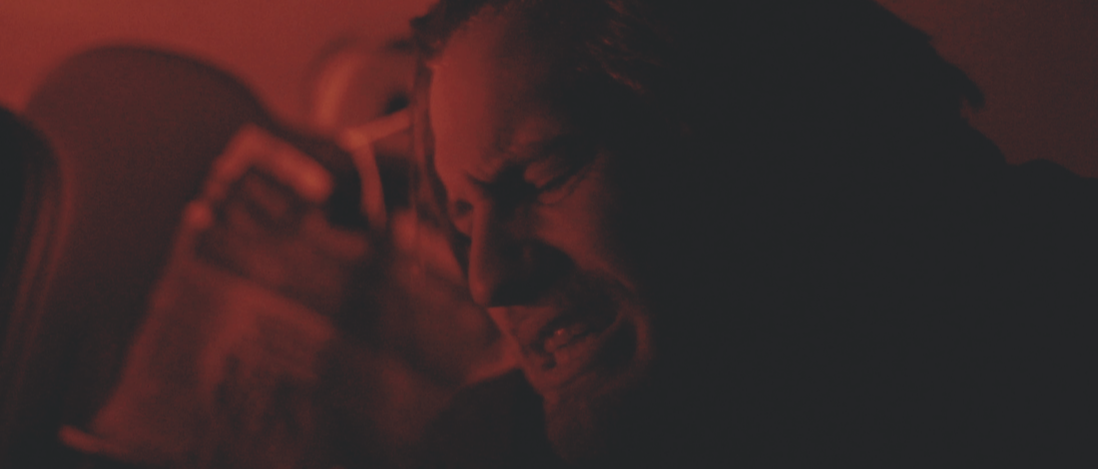
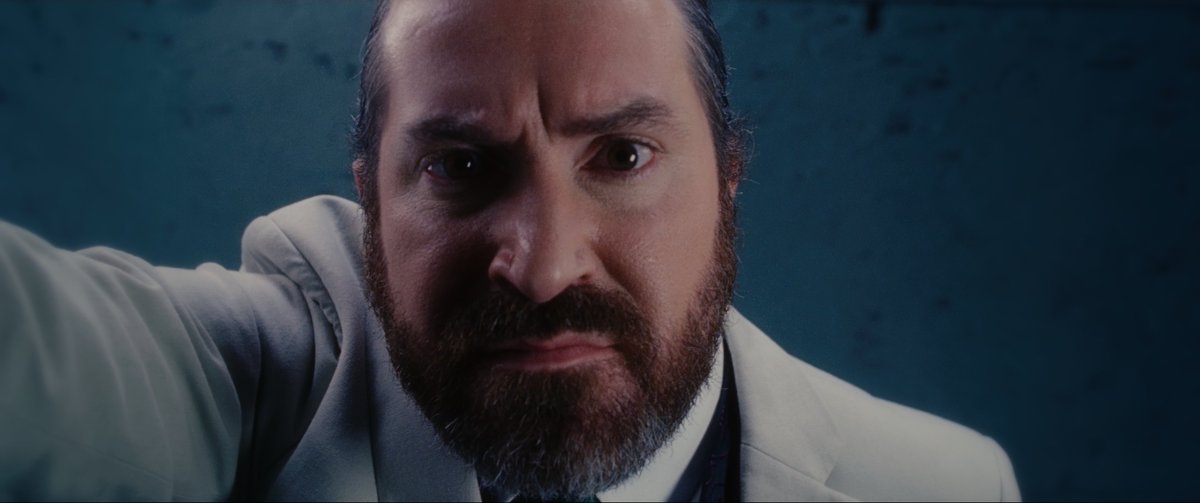
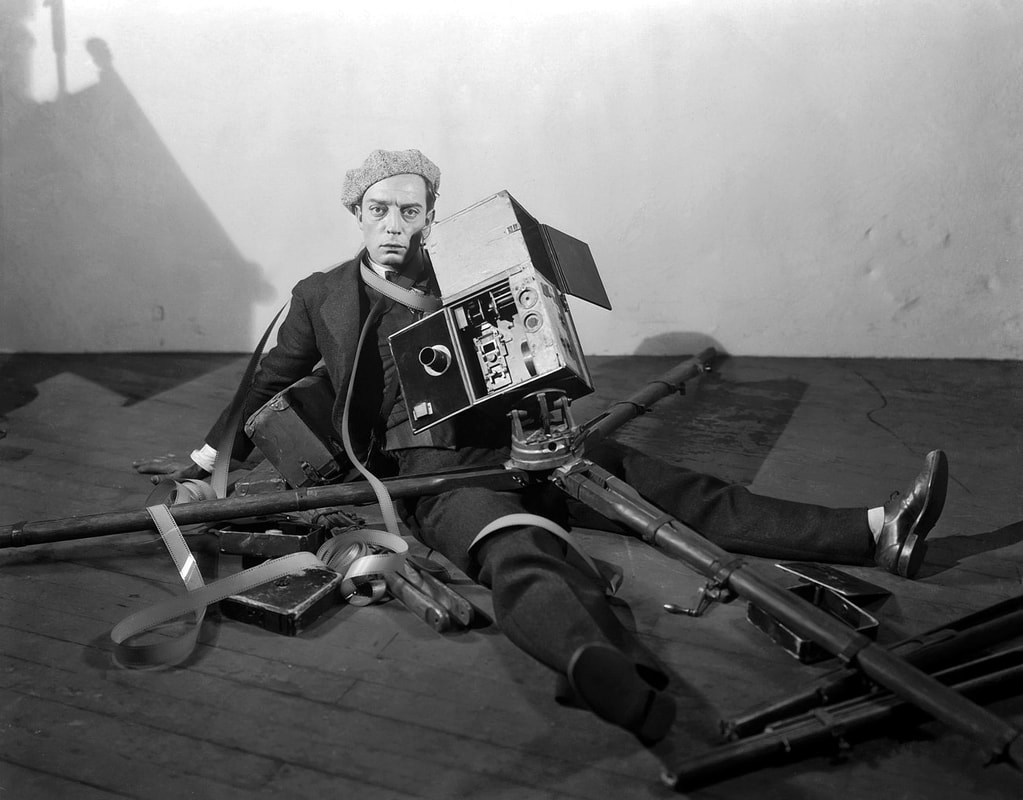
 RSS Feed
RSS Feed
